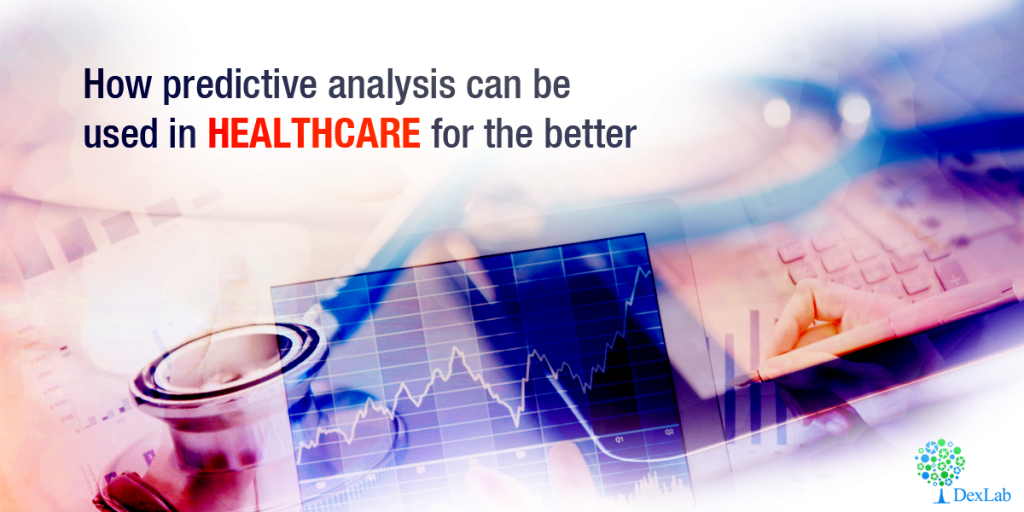Medical predictive analysis is slowly being recognized as a system that if utilized well can completely change the very face of medicine and healthcare practices.
We have all been a patient at least once in our lives and there is a high likely that we will be so again. While some of us may require medical attention more frequently than others and some do not, but we have all been to the clinic at some point and we all desire the best of medical care. We believe that the doctors and technicians there are equipped to provide us with that and that there has been good research and understanding behind all their medical decisions. But that is often not the case.
We do not intend to undermine all physicians as underperformers; they are smart and well-trained professionals who do their best to stay updated with the latest trends and developments in medicine. But the arduous task of committing every such information and knowledge to their human memory is not free from usual slip ups and cannot be in their fingertips at all times.
While they might have access to a large amount of data to compare their treatment outcomes for different diseases they would still require time and requisite know how to analyze those data and integrate it with the patient’s specific medical profile. While this seems like a great idea, but is beyond the scope of any medical practitioner. This is the main reason that majority of medical practitioners along with insurance companies are using data analysis for better utilization of their patient data.
We believe that predictive analysis can help determine when a patient should be released from a hospital safely with proper analysis of their data:
- 1. Predictive analysis can improve the accuracy of diagnosis: for instance if a patient walks in with chest pain into the ER it often becomes difficult to ascertain if they need hospitalization or not. So, if hospitals use predictive analytical models which can determine the treatment more precisely by using a predictive algorithm then the assessment of whether the patient is safe to be released could be determined accurately. This in no way will replace the need of the physicians’ judgment but instead would assist them in the process.
- 2. Predictive analysis will aid in preventive medicine and improve public health: if early intervention can be made possible even the deadliest of diseases that account for the majority of medical death toll like cancer and other genetic conditions can be prevented well. The use of predictive analysis especially in the field of genomics has tremendous potentiality to pin point patients who are at risk and take preventive actions before the condition worsens. With proper implementation of predictive analysis people will be able to make changes to their existing lifestyle.
- 3. Predictive analysis can help hospitals and professionals identify with insurance product concerns to prevent them: organizations offering healthcare benefits for their employees can input the traits of the workforce into a algorithm for predictive analysis algorithm so that they prepare for predictions of future medical expenses.
We believe that these implementations can completely transform the way medical practices work for developing public health and disease mitigation. For more details on R predictive modelling feel free to consult an expert at DexLab Analytics!

Comments are closed here.